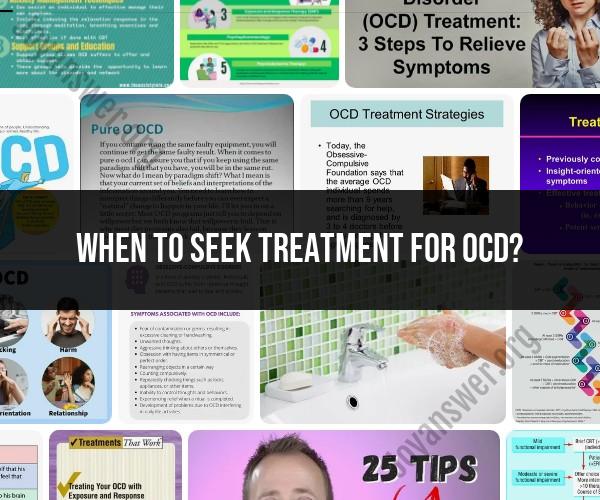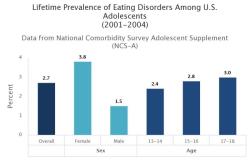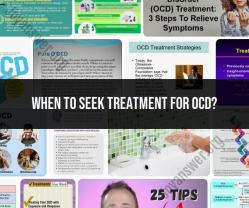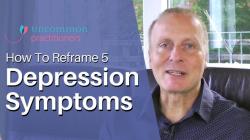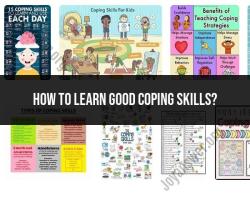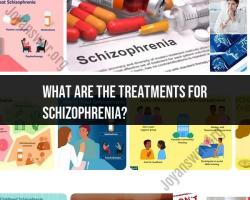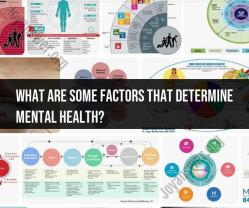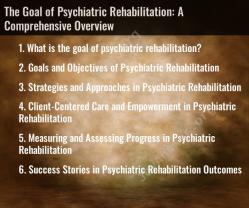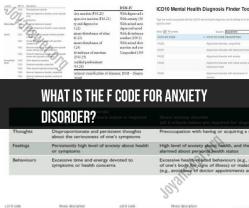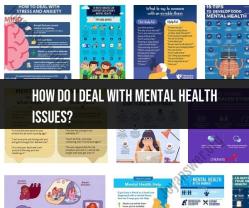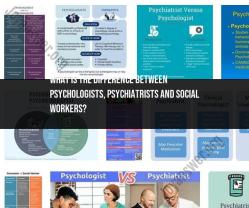When to seek treatment for OCD?
It's crucial to seek treatment for Obsessive-Compulsive Disorder (OCD) as soon as you recognize the signs, especially if they begin to interfere with your daily life.
Here's a breakdown of when to take action and why early intervention is so beneficial:
When to Seek Treatment for OCD:
The most important indicator that it's time to seek professional help for OCD is when your obsessions and compulsions start to significantly impact your life.
- Loss of Control: You feel unable to control your repetitive thoughts or behaviors, even if you know they are excessive or irrational.
- Excessive Time Consumption: You spend an hour or more each day preoccupied with your obsessions or performing compulsions.
This includes both physical rituals and mental activities like ruminating or seeking reassurance. - Significant Distress and Anxiety: Your obsessions cause intense anxiety, fear, disgust, guilt, shame, anger, or sadness.
The temporary relief you get from compulsions is overshadowed by ongoing distress. - Disruption to Daily Life: Your OCD symptoms interfere with your ability to:
- Work or School: You struggle to focus, complete tasks, or attend regularly.
- Daily Activities: Basic tasks like eating, showering, sleeping, or getting ready take an excessive amount of time or become difficult.
- Relationships: Your thoughts and compulsions strain your relationships with family, friends, or colleagues.
You might avoid social interactions or spend time on compulsions rather than with loved ones. - Enjoyment of Hobbies/Activities: You stop engaging in activities you once enjoyed because of your OCD.
- Work or School: You struggle to focus, complete tasks, or attend regularly.
- Avoidance Behaviors: You start avoiding certain situations, places, or people because they trigger your obsessions or compulsions.
This can lead to your world "shrinking." - Worsening Symptoms: If you've tried to manage symptoms on your own and they are getting worse, more frequent, or more intense.
- Previous Treatment No Longer Works: If you were previously managing OCD with treatment, but your symptoms are regressing or your current plan isn't effective.
- Hiding Symptoms: You find yourself hiding your thoughts or behaviors from others due to embarrassment or shame.
Why Early Intervention is Key:
- OCD Tends to Worsen Without Treatment: Left untreated, OCD usually doesn't go away on its own. In fact, it often becomes more severe and infiltrates more areas of your life over time, strengthening its grip.
- Prevents Long-Term Impairment: Early treatment can prevent significant long-term functional impairment in personal, social, and professional domains.
It helps you regain control before the disorder becomes deeply entrenched. - Improved Quality of Life: Effective treatment can significantly reduce symptoms, leading to an improved quality of life.
You can reclaim time, enjoy activities, and engage more fully in relationships. - Reduced Risk of Co-occurring Conditions: Untreated OCD can lead to or exacerbate other mental health conditions like depression, generalized anxiety disorder, and panic disorder.
Early treatment helps mitigate these risks. - Learn Healthy Coping Skills: Therapy teaches you evidence-based strategies (like Exposure and Response Prevention - ERP) to manage your obsessions and resist compulsions, replacing unhealthy coping mechanisms.
- Brain Changes: Some research suggests that untreated OCD can lead to structural changes in the brain, making it harder to break the cycle of obsessions and compulsions.
Early intervention can help prevent or mitigate these changes. - Empowerment and Control: Treatment empowers you to face your fears, tolerate discomfort, and ultimately feel more in control of your thoughts and actions, rather than being controlled by OCD.
If you suspect you or a loved one might have OCD, the best course of action is to consult with a mental health professional specializing in OCD. They can provide an accurate diagnosis and develop a personalized treatment plan, typically involving psychotherapy (especially Exposure and Response Prevention, or ERP) and sometimes medication.
What are the indicators or triggers suggesting it's time to seek treatment for Obsessive-Compulsive Disorder (OCD)?
Seeking treatment for Obsessive-Compulsive Disorder (OCD) is crucial when the symptoms begin to significantly interfere with your life, relationships, or daily functioning. Here are key indicators or triggers that suggest it's time to seek professional help:
1. Time Consumption
Obsessions or compulsions take up more than 1 hour a day.
You find yourself constantly repeating behaviors or ruminating on intrusive thoughts.
2. Distress or Anxiety
Your symptoms cause significant emotional distress, fear, or anxiety.
You feel exhausted or emotionally overwhelmed from trying to manage or suppress obsessions and compulsions.
3. Interference with Daily Life
OCD is disrupting your ability to work, study, or maintain relationships.
Routine activities (e.g., leaving the house, touching items, checking things) become difficult or impossible.
4. Avoidance Behaviors
You avoid situations, people, or places that might trigger obsessive thoughts or compulsive behaviors.
Avoidance is limiting your life or causing isolation.
5. Lack of Control
You struggle to resist compulsions or stop obsessive thoughts, even when you know they are irrational.
Attempts to manage symptoms on your own have not been effective.
6. Physical or Mental Health Impact
OCD is leading to insomnia, fatigue, depression, or other mental health problems.
Compulsions cause physical harm (e.g., excessive washing leading to skin damage).
7. Suicidal Thoughts
If OCD symptoms are accompanied by suicidal ideation, it’s critical to seek immediate help.
When to Seek Help
If any of the above symptoms are present or worsening over time, it’s a strong sign to consult with a:
Psychologist or psychiatrist (for diagnosis and therapy)
Primary care doctor (to rule out other conditions and refer you to a specialist)
